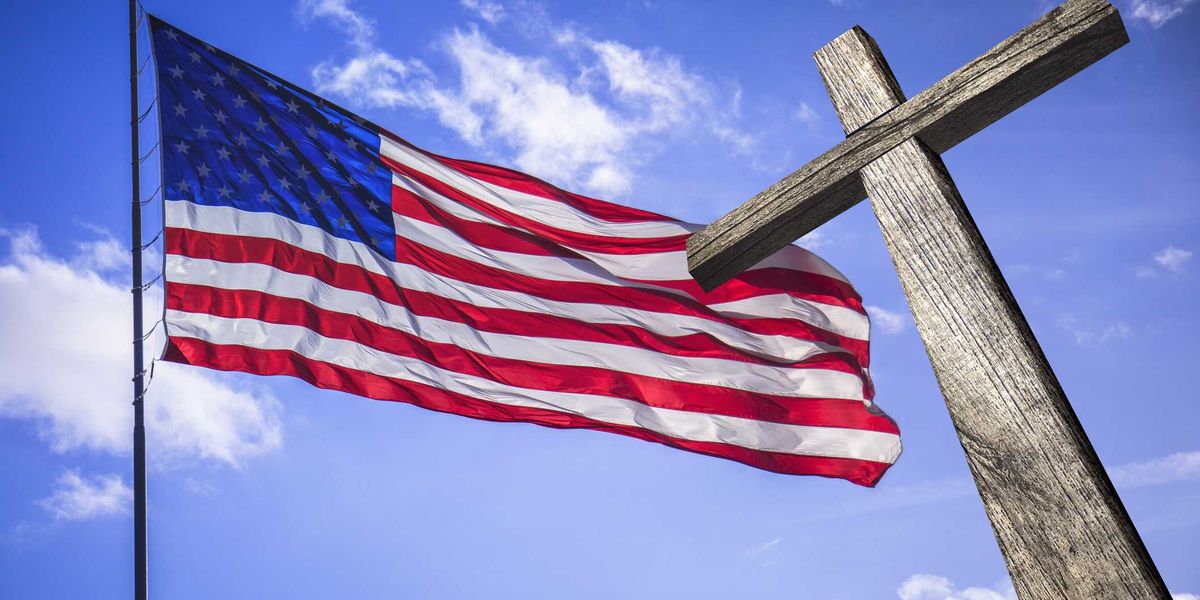

As America approaches its 250th anniversary, urgent questions arise about the role Christianity should play in public life.
In recent months, the unapologetic, personal Christian witness of public officials — and their open collaboration with pastors, priests, and other faith leaders — has drawn new attention. For me, these moments have been deeply moving and inspiring.
The founders were clear: Free institutions depend on moral citizens, and morality is nurtured by religion.
For many in the mainstream media, however, this has been profoundly unsettling, prompting warnings that the nation is sliding toward a form of “Christian nationalism.”
Are they right?
The question may be something of a red herring, but it’s worth addressing. Faith has always shaped American life. The founders never intended to build a secular vacuum; they expected religion to cultivate the virtues that a free people need. At the same time, they knew that belief cannot be imposed. True liberty demands space for religion to flourish — and restraint against coercion.
Living authentically as believers in public life is not the same as enforcing religion on others. The former honors conscience and its freedom while allowing faith to enrich society; the latter distorts faith and undermines pluralism.
Charlie Kirk’s memorial service last month highlighted the power of Christian witness in public life. His widow, Erika, speaking through grief, declared, “I forgive him because it was what Christ did and is what Charlie would do.” Her words reminded a nation mired in resentment that Christianity’s strength lies in free, authentic witness. Much has been made of President Trump’s off-message remark, “I hate my opponent, and I don’t want the best for them.”
But rather than dwell on it, we should note that he later suggested Erika’s example might move him toward forgiveness — a sign of the quiet influence of authentic faith.
Other public officials like Vice President J.D. Vance and Secretary Marco Rubio spoke from the heart and leaned on their Christian faith.
It’s here that we must remain careful: If religious witness is perceived as a partisan tool, its power is weakened. The church’s mission is not political victory but the salvation of souls, offered freely to hearts and minds.
RELATED: Charlie Kirk's legacy exposes a corrosive lie — and now it's time to choose
 WoodyUpstate/Getty Images Plus
WoodyUpstate/Getty Images Plus
Christianity’s very public witness in our nation extends beyond Charlie’s memorial. The members of the presidential Religious Liberty Commission include influential evangelical and Catholic leaders as well as a prominent Jewish rabbi. They have spoken openly about their beliefs and their conviction that faith will heal many of our nation’s divisions.
At the Commission’s third hearing held last week, testimony highlighted ongoing pressures faced by people of faith working to educate our nation’s youth. Catholic Fr. Robert Sirico described relentless targeting by state officials of Sacred Heart Academy, a private, Catholic parochial school in Grand Rapids, Michigan. Sirico deftly clarified the line between faith and power during Q&A: “I’m not advocating the creation of a theocracy. I’m very happy to have a cultural competition of ideas.”
Sirico’s words remind us that resisting coercion is not the same as desiring the control of the public square; it is the defense of the right to live one’s faith fully and contribute accordingly.
Contrast this with the temptation of adherents of Christian nationalism to weaponize the faith for worldly power and control. Such ideologies blur the necessary distinction between the spiritual and temporal, collapsing them into one.
When that happens, both church and state are diminished. Christ himself made this clear when He told Pilate, “My kingdom is not of this world” (John 18:36).
Professor Russell Hittinger, executive director of the Institute for Human Ecology at the Catholic University of America, has observed that Jesus’ words set apart the heavenly and temporal orders. To confuse them, Hittinger warned, not only misrepresents the mission of the church but also humiliates it because the gospel cannot be reduced to the ambitions of civil power.
Rejecting such ideologies, of course, does not mean ignoring hostility toward Christianity. Believers today are often dismissed as intolerant or branded as bigots.
Yet, the founders were clear: Free institutions depend on moral citizens, and morality is nurtured by religion.
George Washington called religion and morality “indispensable supports” of political prosperity. John Adams warned that the Constitution was made for a “moral and religious people” and is inadequate for any other. At the same time, they recognized that belief must never be forced.
This is why religious pluralism and freedom matter so deeply. The Catholic Church affirmed this in “Dignitatis Humanae,” the Second Vatican Council’s declaration on religious liberty. It teaches that safeguarding religious freedom benefits both individuals and the Church, while respecting the God-given free will of every person.
America’s constitutional commitment to religious liberty reflects this wisdom, ensuring that Christianity and other faiths can flourish.
The divisions before us are real — but not irreparable. As the nation looks to its semiquincentennial, Christians should reflect on how faith has shaped civic life and be confident that it can help us confront today’s challenges. At the same time, we must resist the temptation to wield political power to impose Christianity.
We are called instead to live our faith visibly, guide others toward justice and mercy, and bear witness to truth through example, persuasion, and love — not through coercion or abuse of authority.
.png)
 3 hours ago
1
3 hours ago
1




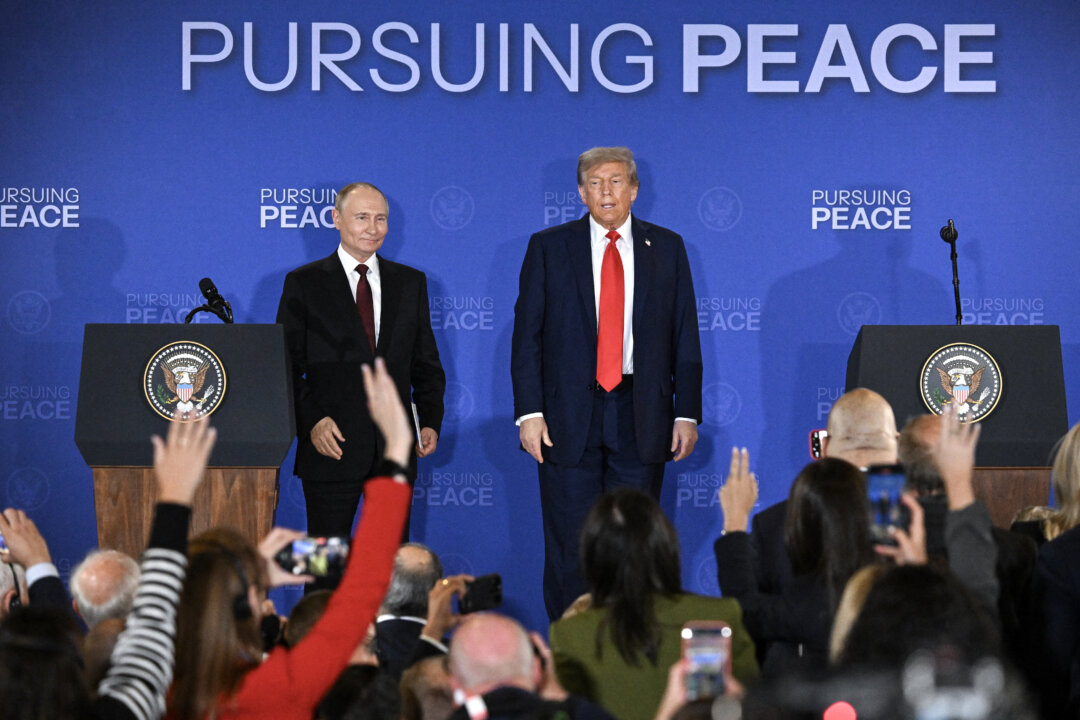
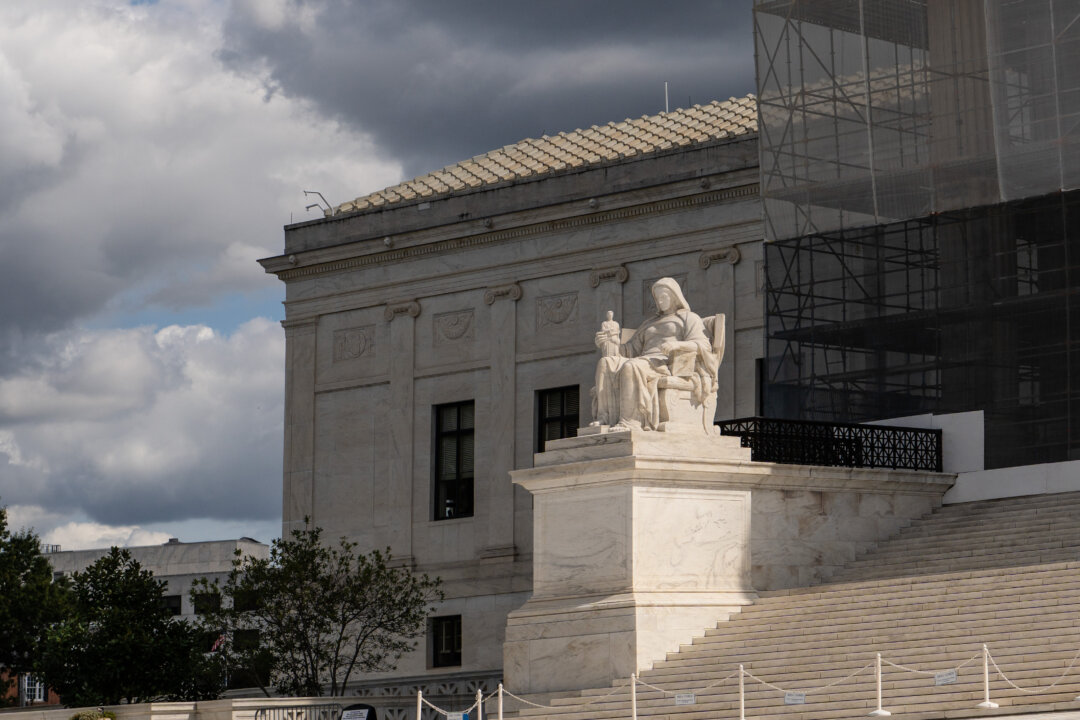
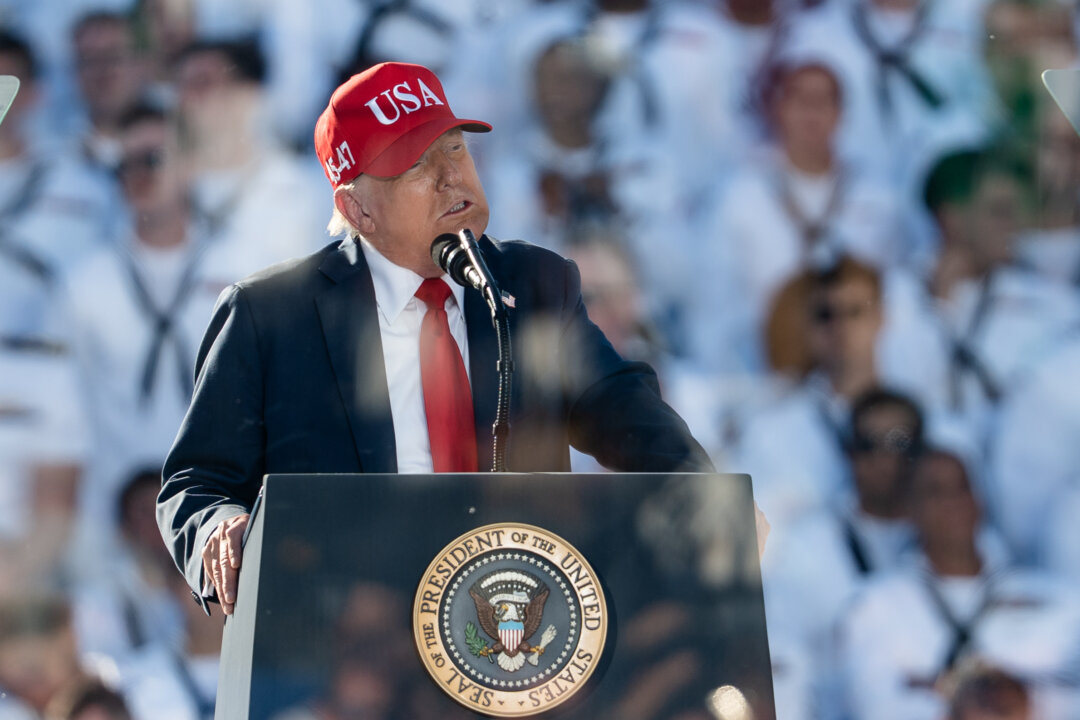



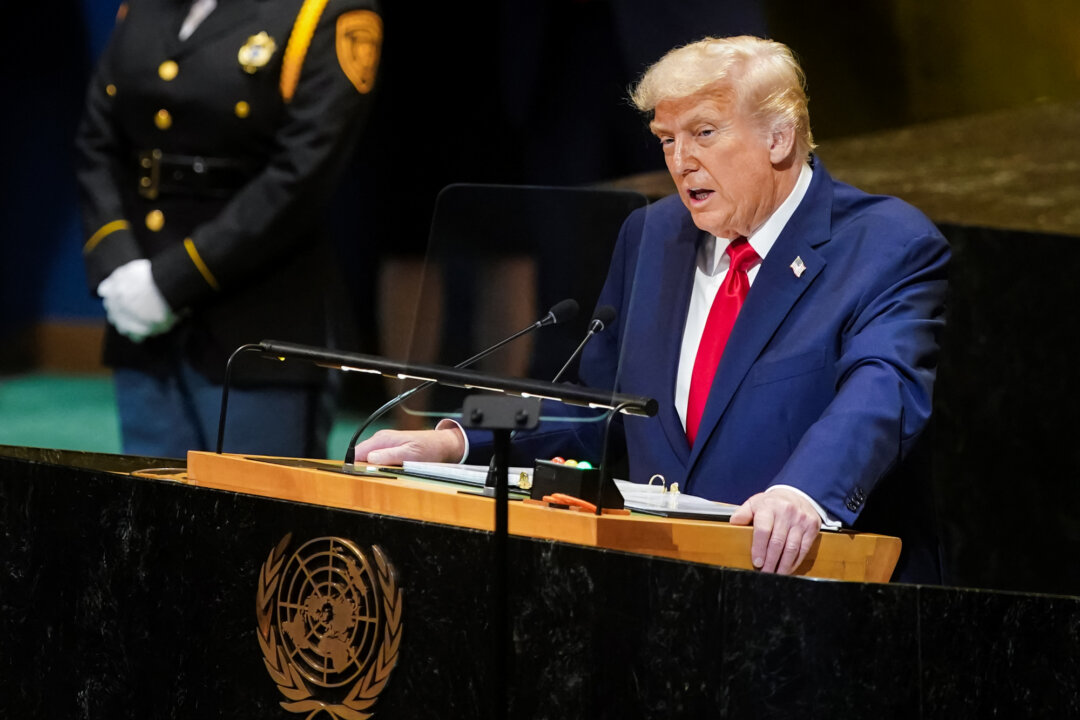
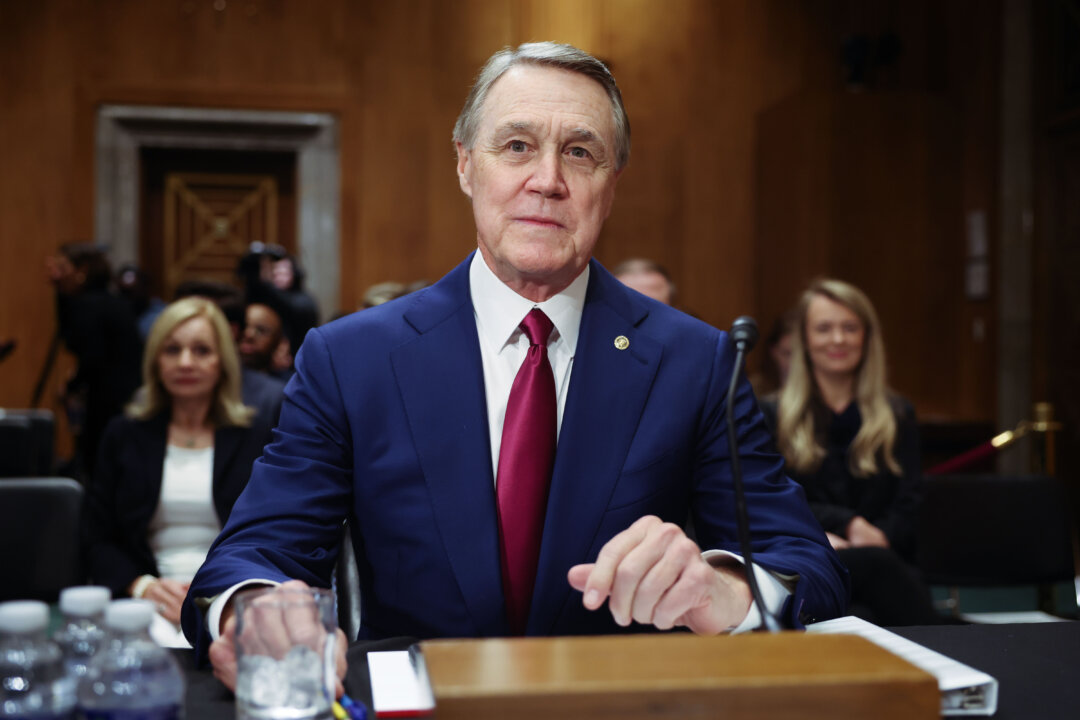
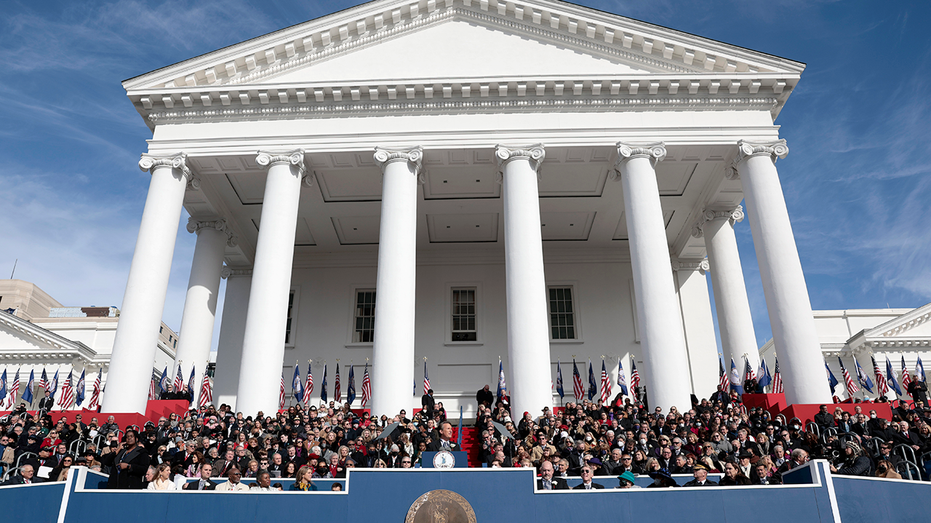

 English (US)
English (US)